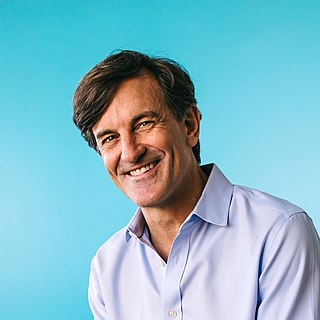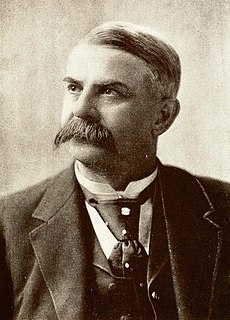A Quote by David Lidington
The Prosperity Fund has found innovative ways to help developing countries to improve their infrastructure, skills, trade and business environments; introducing to them sustainable models of trade and growth, rather than reliance upon traditional aid.
Related Quotes
Fair Trade is a market-based, entrepreneurial response to business as usual: it helps third-word farmers developing direct market access as well as the organizational and management capacity to add value to their products and take them directly to the global market. Direct trade, a fair price, access to capital and local capacity-building, which are the core strategies of this model, have been successfully building farmers' incomes and self-reliance for more than 50 years.
That means we get other countries to play by our rules. You add up all the countries that we have trade agreements with, we have a surplus with them. You add up the countries we do not have a trade agreement with, that`s where a massive trade deficit comes from. So our goal is to get free trade agreements, and that means we get other countries to play and live by our rules so we can level the playing field.
Sustainable production and consumption matter immensely to the people I meet every day as head of the International Trade Centre, which works with small and medium-sized enterprises (SMEs) to help them boost growth and job creation by improving their competitiveness and connecting to international markets.































